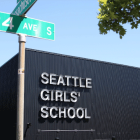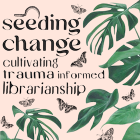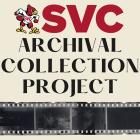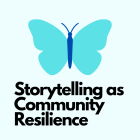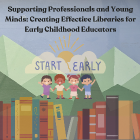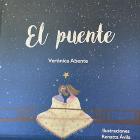
Revitalizing Multnomah County Library's Spanish Language Picture Book Collection
As an expansion of Multnomah County Library’s evaluation of Spanish early readers, our team audited the Spanish language picture books at the Gresham branch, examining language and cultural representation through text, illustration, country of publication, and author/illustrator nationality. Our goals were to determine the collection’s cultural responsiveness for MCL’s patrons and to develop an assessment tool for MCL and other libraries. Findings indicate a need for more Mexican and Central American representation in the collection, and our assessment tool should be used as an iterative, dynamic document to be tailored for each library rather than a final, static product.

